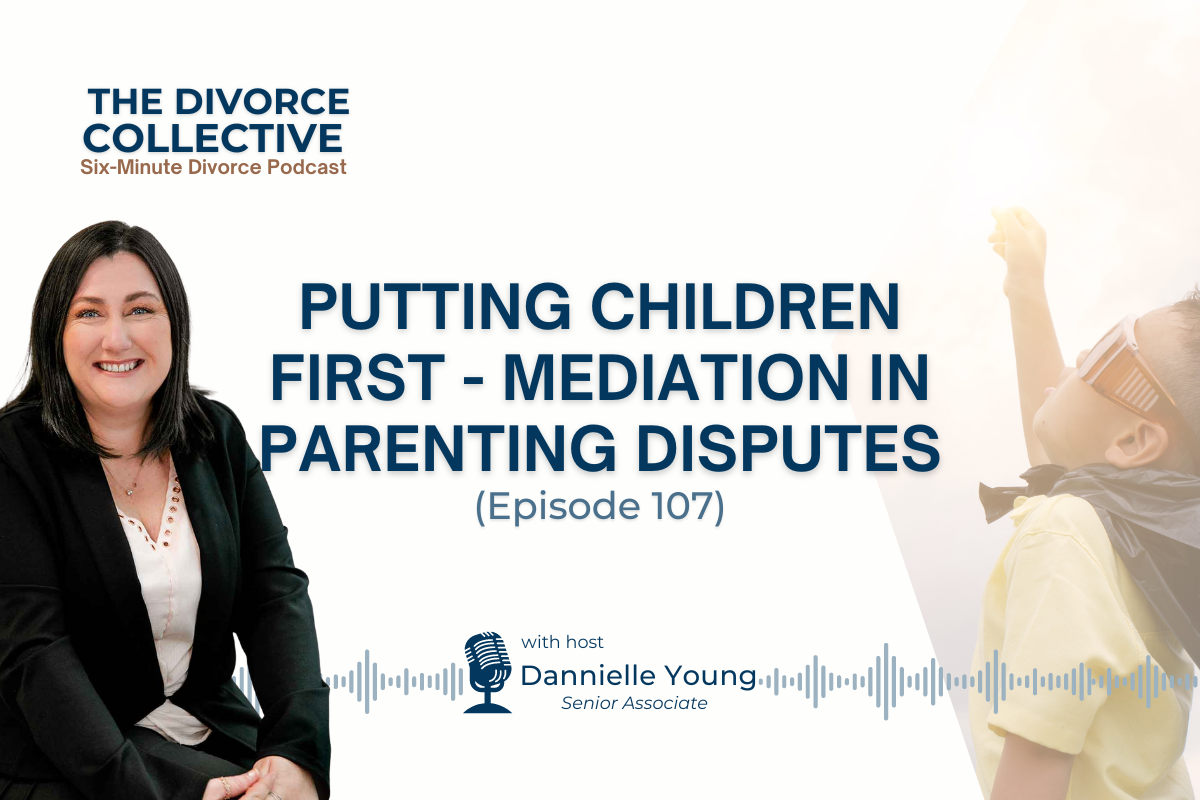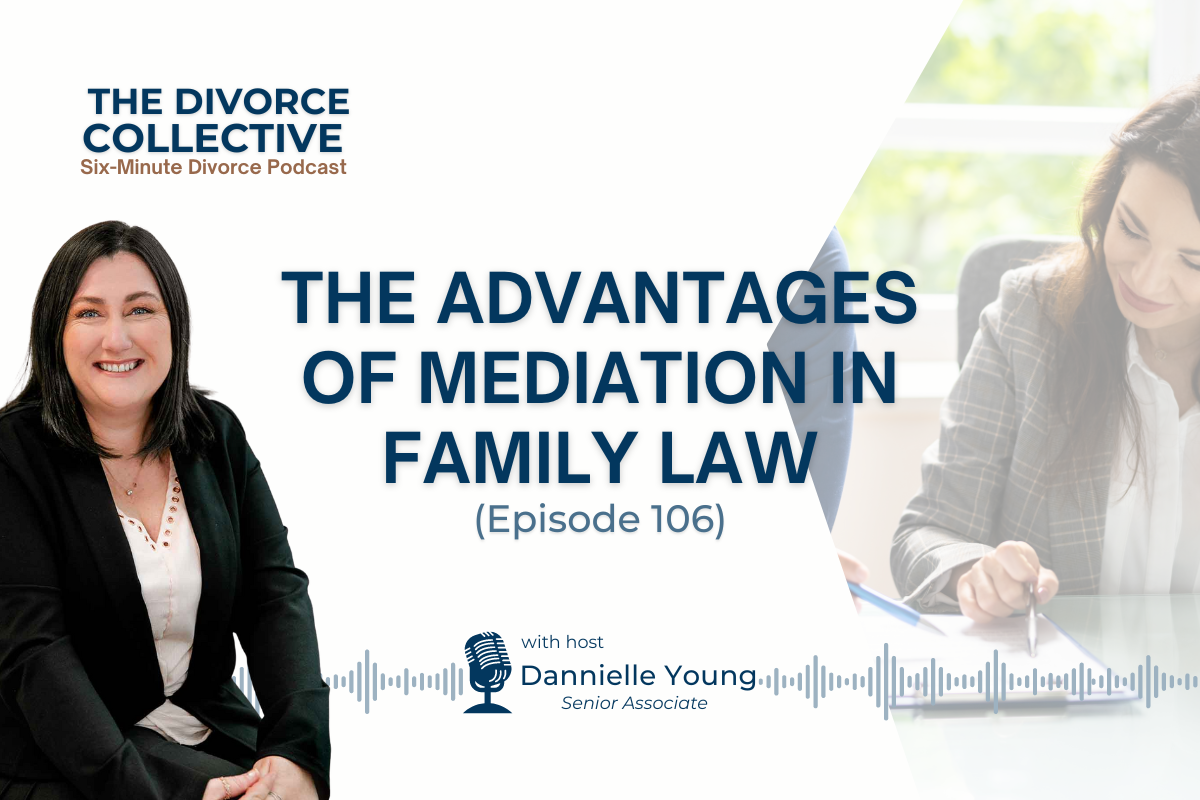Navigating the complexities of de facto relationships in QLD requires a firm grasp of the legal framework. At the Collective Family Law Group, a boutique family law firm in Brisbane and the Gold Coast, we aim to simplify the intricate maze of de facto law for our valued clientele.
Defining De Facto Relationships in Queensland
While “de facto” might be a term you’ve come across, it bears specific implications in the context of QLD family law. Essentially, a de facto relationship in QLD encompasses couples who’ve cohabited for two or more years or have shared children but haven’t formalised their union through marriage.
Australia’s definition of a de facto relationship isn’t fixed. Factors like relationship duration, joint financial undertakings, and the presence of shared children influence how the end of such relationships is legally approached. Typically, if your relationship aligns with the de facto criteria, the Courts address your family law concerns similarly to marital separations. For tailored guidance, it’s advisable to seek a family law consultation free from the experienced team at Collective Family Law Group.
De Facto Property Settlement in QLD
When navigating a de facto separation, understanding property settlements can be daunting. There isn’t a one-size-fits-all formula. Factors weighed include financial and non-financial contributions, individual assets and liabilities, and ongoing needs—especially concerning child care.
A crucial distinction between de facto and marital separations is the timeline for property settlement. Post de facto separation, there’s a two-year window to initiate a Court application for property division. In contrast, married couples have 12 months post-finalisation of a divorce — which can’t be sought until after a year of separation. Initiating an ‘out of time’ application is challenging, requiring proving specific factors to the Court. Expert advice, such as from Collective Family Law Group, can illuminate the best pathway forward.
De Facto Law: Spousal Maintenance and Financial Agreements
Post separation, financial equilibrium might necessitate spousal maintenance — funds one partner provides the other. If your relationship spanned over two years, birthed a child or involved significant mutual financial contributions, spousal maintenance might be relevant.
For a clear understanding of your rights and obligations concerning spousal maintenance, connecting with a seasoned de facto lawyer is invaluable.
Choose the Right De Facto Separation Lawyer
Emerging from a de facto separation can be emotionally and legally challenging. Ensuring you’re equipped with the right guidance and support is essential. At Collective Family Law Group, we’re dedicated to delivering optimal outcomes for our clients. Engage with our proficient de facto lawyers today, and let us steer you through this pivotal life chapter.
Frequently Asked Questions
-
How does the legal definition of a de facto relationship in QLD differ from marriage?
While both are recognised relationships, de facto pertains to couples cohabiting for a minimum of two years or having children, without being legally married.
-
What’s the time frame for seeking property settlement post a de facto separation?
You have a two-year window following the separation to apply to the Court for property settlement.
-
Can I seek spousal maintenance after a de facto separation?
Yes, especially if the relationship lasted over two years, there was a shared child, or there were significant mutual financial contributions.
Disclaimer: This article aims to provide general information and should not be taken as legal advice. Every individual’s circumstances can vary. Always consult with a professional at Collective Family Law Group for personalised guidance tailored to your unique situation.





